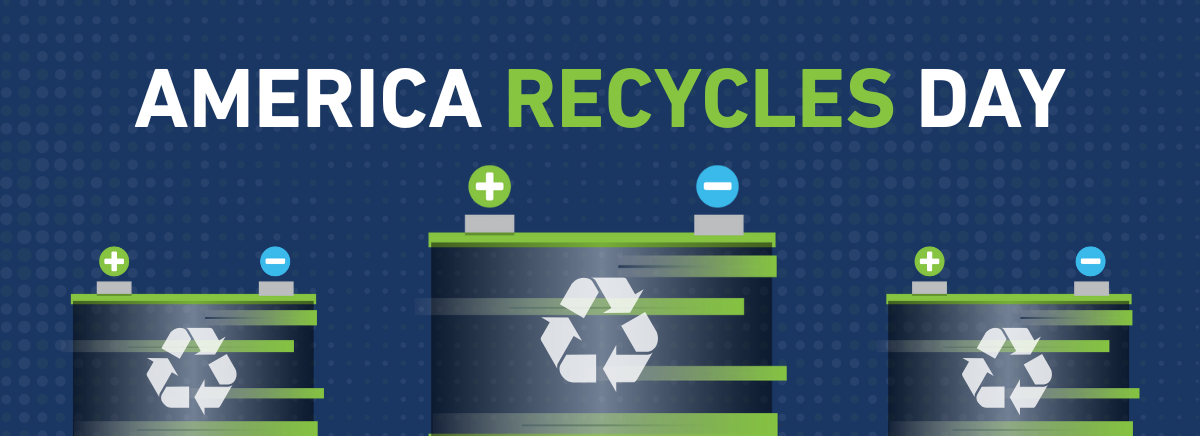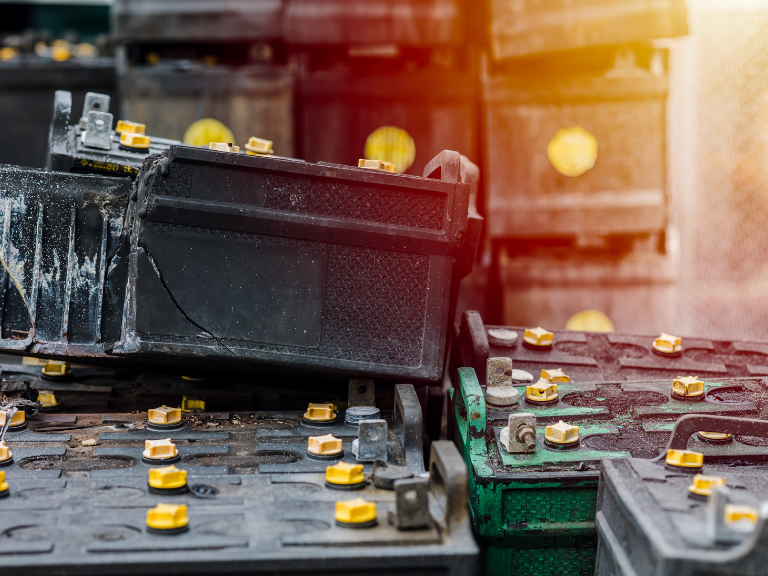
Recycling batteries is not just good for the environment and public safety. It’s also a strategic imperative for maintaining America’s access to a critical material, strengthening our economy and national security.
That’s why on America Recycles Day, it’s important to acknowledge the closed‑loop manufacturing processes of the battery industry – and hold it up as a model the nation should be proud of and seek to replicate in other critical materials.
Re-using critical materials
Though the U.S. Geological Survey (USGS) has not finalized its draft List of Critical Minerals, in 2025 the organization recommended adding lead to the list of materials essential to the U.S. economy and national security. This is because of the essential nature of this material in battery manufacturing, including more than 150 million car and truck batteries produced every year, as well as growing demand for energy storage and vulnerabilities in the supply chain.

This shows that this battery metal isn’t just a commodity. It’s a critical mineral that is essential to national security, and keeps the U.S. economy running.
99% recycling rate reduces supply disruptions
Here’s the good news though: 99% of old car batteries are recycled. Furthermore, each component – from the plastic case to the fluids inside to the metal – are salvaged and re-made into new batteries.
That means America doesn’t need to import massive amounts of foreign materials to meet domestic demand. The closed-loop manufacturing system protects our nation from supply shocks, geopolitical dependency, rising costs, or other disruptions that seem all too common in today’s uncertain world.
U.S. battery recycling – A circular story to be proud of

There’s obvious strategic value to the circular economy of batteries. But there’s also significant direct value to local communities through good-paying jobs.
A recent study showed the dramatic economic impact of the U.S. lead battery industry, including 106,000 direct jobs and more than $35 billion in business output nationwide. And when you factor in downstream impacts of end-users who put those batteries to work, the figures are even more dramatic – reaching $10 trillion in domestic economic output and over 54 million U.S. jobs reliant on the battery industry.
So on America Recycles Day, it’s worth remembering that battery recycling is about so much more than reducing waste. It’s about safeguarding supply chains, supporting U.S. manufacturing jobs, and ensuring national resilience for decades to come.


